Chukwuma Soludo, former governor of the Central Bank of Nigeria (CBN), says the presidential regime of Goodluck Jonathan had “the worst economic management team” relative to available resources.
The former Anambra state governorship aspirant also lamented that the Jonathan administration left the country with an “unprecedented rate of debt accumulation”.
However, he commended the Peoples Democratic Party (PDP) for still managing to record “tremendous progress” in its 16 years of ruling the country.
Soludo was speaking in Lagos on Thursday at the third anniversary lecture of the RealNews magazine titled ‘Can a New Buharinomics Save Nigeria?’
Advertisement
“First, I supported President Muhammadu Buhari (PMB) over Jonathan not because I was convinced about the credibility of the APC manifesto (and I said so in my article in January this year) but for three reasons. I was convinced that the last economic team was bankrupting the economy and had no clue as to how to fix it,” he said.
“Second, PMB is the first president of Nigeria under a democracy to have seriously desired the job and struggled for it for over 12 years. To me therefore, he must have a few points to prove, and I was willing to bet on a man who purposefully wanted the job than otherwise.
“Third, I was convinced that it would be in the enlightened self-interest of the APC, once in power, to do their utmost to keep power by delivering on the economy unlike the PDP which had taken power for granted. I am still confident that PMB can deliver change (although as I had indicated in my article in January, I didn’t believe that any of the two parties could deliver on their manifesto) but he and his team now need to run at the speed of a 1000 km per hour.
Advertisement
“We must support them to succeed by contributing when we can, and criticising when we must — tough love! I am enjoying my status as ‘an independent’ (I don’t belong to APC or PDP) and I therefore have the liberty to say it as I see it from the balcony!
“As at 1999 when PDP came to power, Nigeria was largely a pariah state still lucky to have survived as one indivisible sovereign, especially in the context of the struggle by NADECO and restiveness in many parts of the country. On corruption, Transparency International scored it 1.6 out of 10 and ranked 98 out of 99 countries in 1999. Nigeria was listed among four countries that were non-compliant on the anti-money laundering rules by the Financial Action Task Force (FATF).
“We could not service our external debt and relied on stressful rescheduling, with all the intrusive donor conditionalities. Poverty was estimated at 70%, and unemployment at nearly 20%. The 1990s will go down in our economic history as the decade of stagnation: when per capita income growth was zero. Average oil price in May 1999 when President Obasanjo took over was $15.24 while stock of reserves was about $5 billion.”
Reflecting on PDP’s and Jonathan’s reign, Soludo said: “After 16 years, several challenges remain and some have even worsened (especially insecurity). Although President Jonathan’s regime had the worst economic management relative to the resources at its disposal, it must be stressed that tremendous progress was made in the aggregate 16 years of PDP government.
Advertisement
“Yes, it should have left more than $100 billion in reserves but left only $30 billion (still about six times of what it met). We also wish that Jonathan’s team did not leave Nigeria with unprecedented rate of debt accumulation. But, according to statistics from NBS, the PDP handed over a $550 billion economy (largest in Africa and 26th in the world), with 7.5% unemployment rate (better than European Union, France, Sweden, Belgium, etc although the underemployment figure is much higher); 32%?? poverty rate (as claimed by the former Finance Minister, or 61%??: NBS needs to clarify this claim); a stock of reserves of $30 billion; GDP growth rate averaging 6% over last 12 years; a relatively more diversified economy, with ICT penetration from 0.2% to over 60%, and a new contributory pension scheme now with trillions of Naira in pension fund.
“Our external debt is down although total debt stock is escalating. Our Gini coefficient (degree of inequality) is not different from China’s. Nigeria has consolidated and stronger banking system that currently finances both government debt and the private sector, with a relatively vibrant capital market. The capitalization of the Nigerian Stock Exchange grew from less than N1 trillion to N12 trillion as at handover. For the first time, Nigerian economy is now rated by credit rating agencies (Fitch, and Standard and Poor’s).”
The fulltext of Soludo’s lecture is available here.
Advertisement
3 comments
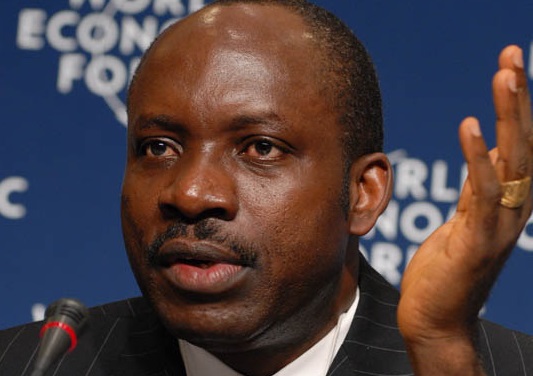
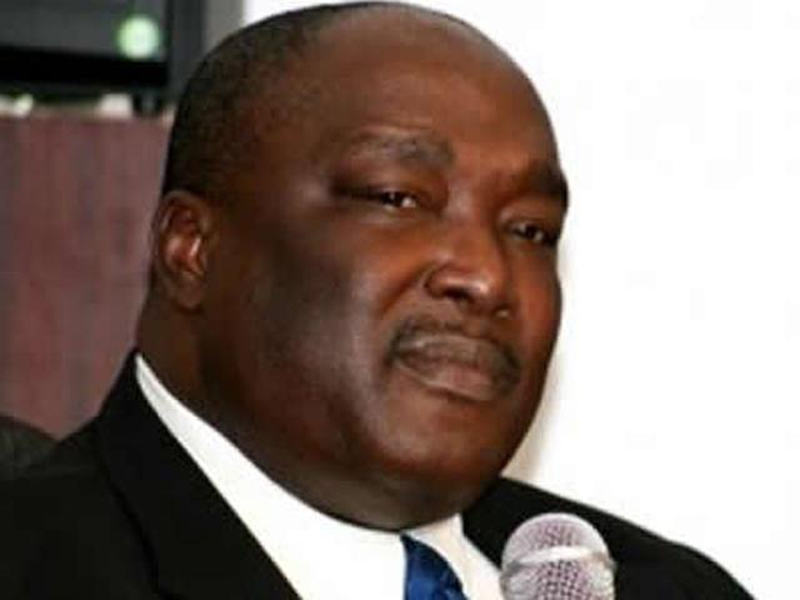

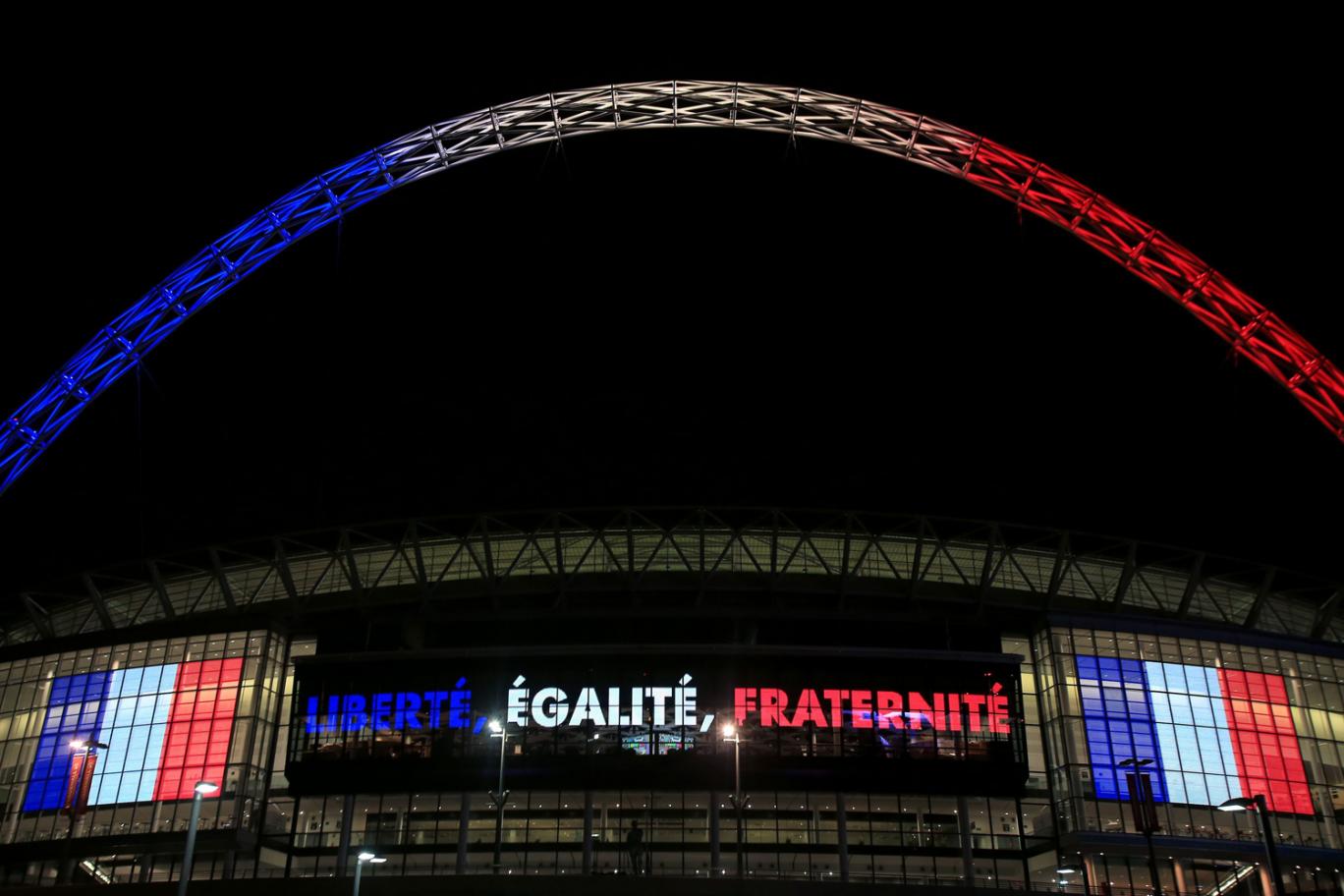

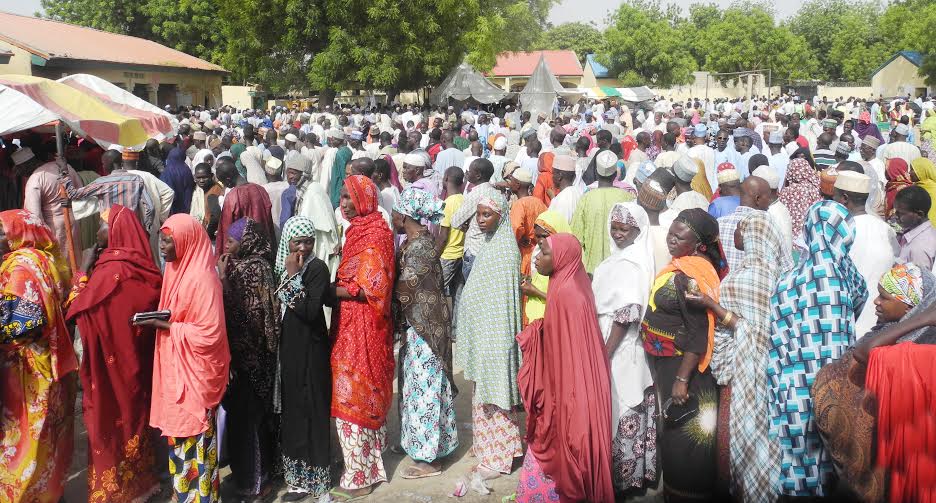
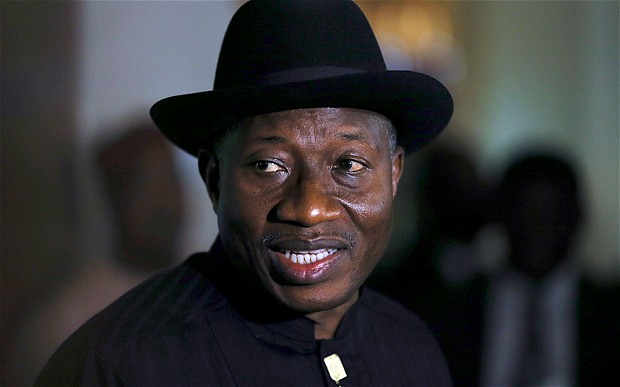
When the chips are down we shall know whether this team which has no economist and is about to borrow $10 billion at once is not worse. Okonjo Iweala was an excellent manager!! All the things she was doing that APC worked so hard to discredit her for, they are copying – TSA; Conditional Cash Transfers, Development Bank and many more.
Mr Soludo,Look at you that says Gej govt left Nigerian economy with huge debt when ure the CBN governor u made us to believe that our banking system is not doing so well like the size of 4 banks in south Africa so therefore,u call for recapitalization of 25billion. U go ahead and be shielding our banks that they’re strong making them to advertise shares that it’s dividend couldn’t be paid by the banks when they tend to gather up so many non performing loans without even collecting substantial collateral. Thanks to Sanusi,who exposed the bank md and sack them all making us to believe that our financial system is getting weak. U also clamor for single west African currency Eco and u wanted our govt to buy your idea for selfish reason.what about the polymer notes of N20,u introduced that to us to reduce wastage in printing that the old notes doesn’t last longer in circulation therefore bringing currencies that easily washes up during transactions . remember sir,govt money was use as a stimulus package to bail out these failed banks that u assisted.over 400 billion was granted. Is that not a debt to the nation from your negligence? Please I think public opinion is a matter of perception and should not be use to send a personal issues anyone has in the past to poison the minds of the Nigerian public. God bless Nigeria. !!!!
Nice lecture….. Again an attempt to sell academic superiority to people who do not think there is a need for that….. Also short of committing to a fix solution stand point or advocating a position…. May be deliberate to evade being beheld accountable and for fear of future reference…… If soludo also gave the Jonathan government the “cost and benefit analysis” as the basis of making decision then he would cut them some slack too….. The Jonathan used the reserve to fund states budget and massive expenditure in power infrastructure…. This investment are also savings and even better savings than keeping a reserve….. Trade shocks are surprises therefore all we need to do is to respond to them and pursue a solution: all Nigeria need to revamp the system
. is to pursue trade surplus in wheat and rice production in 1 year
. Increase local participation in oil and gas from 35 – 70%
. Reduce vehicle importation by 50% using substitution/reverse engineering
. Import substitution wheat with cassava by 30%
. Increase local refinery capacity/ oil subsidy efficiency or outright removal
Do this four things the economy will become normal overnight….. And these were what the Jonathan administration was pursuing ….. Buharnomics has already proven in six month that it is interlectually inferior to that of Jonathan …. It lacks the competence that has been readily available in Jonathan’s cabinet ……